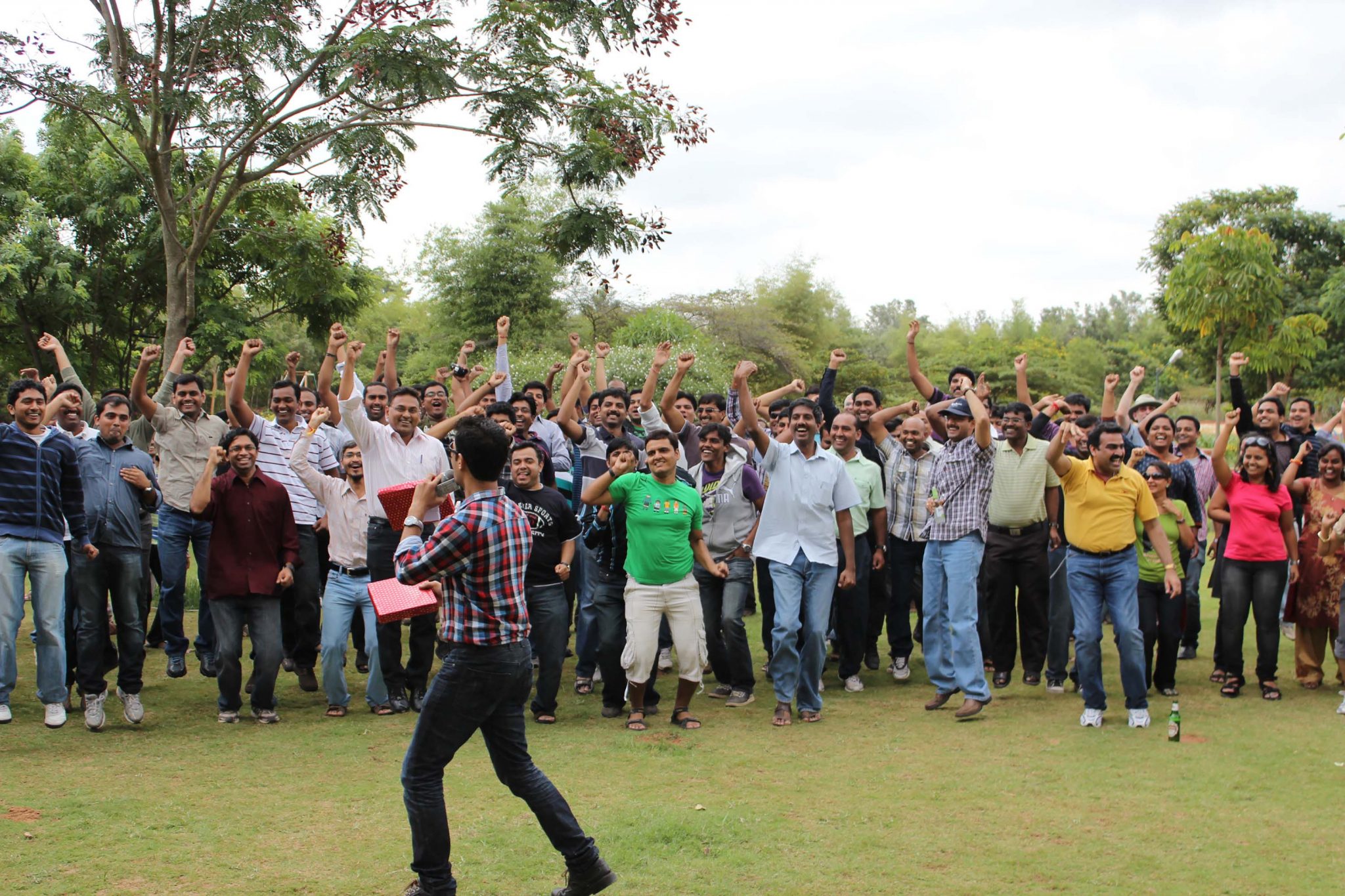
In the dynamic landscape of the modern world, the hospitality industry is continuously adapting to cater to the evolving demands of guests. The integration of technology has been instrumental in driving this transformation, bringing about a revolution in the operations of hotels, resorts, and event companies.
With its ability to streamline processes and elevate guest experiences, technology has emerged as an essential component for effective hospitality services and management. From automating operations to creating immersive experiences, technology has become an indispensable tool that empowers event companies and other hospitality businesses to thrive in today's competitive landscape.
How can Technology help Hospitality Management?
Information technology, including robots, big data, cloud computing, and virtual reality, are applied in the hospitality industry to resolve operational issues for businesses in the sector.
Technology may improve the hotel sector in a variety of ways. Robotics, for instance, can reduce staff workload and expenses while artificial intelligence (AI) chatbots can enhance the visitor experience. Mobile ordering can also increase efficiency.
In this blog post, we will explore five keyways in which technology is revolutionizing hospitality management, with a particular focus on how event management companies can leverage technological advancements to deliver exceptional experiences for their clients and attendees.
1. Personalized Guest Experiences:
Technology enables personalized guest experiences. CRM systems and data analytics provide insights into guest preferences. Hotels tailor offers and recommendations based on this data, ensuring customized services.
Smart hotel rooms with IoT devices enhance overall satisfaction. Corporate event management is also improved with technology.
2. Enhancing Communication and Guest Engagement:
Effective communication is crucial in the hospitality industry. Technology revolutionized hotel interactions with guests. Mobile apps and chatbots facilitate communication for inquiries, requests, and room service orders.
Such channels ensure prompt assistance, enhancing satisfaction. Event planning companies can also leverage digital platforms to engage guests, offering valuable information, updates, and personalized recommendations during their stay.
3. Streamlining Operations and Workflow:
Technology has revolutionized the hospitality industry, enhanced efficiency and reduced errors. Property management systems (PMS) consolidate reservations, billing, and housekeeping, reducing manual entry and improving accuracy.
Inventory management minimizes waste, and automated workflows streamline processes, enabling staff to prioritize exceptional guest experiences. Incorporating the best team-building activities fosters a strong and united workforce.
4. No Repeated Activities
Automation is increasingly prevalent in businesses due to the epidemic. While not mandatory, automated solutions can simplify everyday tasks for your work crew, including event companies. By reducing time-consuming chores, automation aids the hospitality industry, allowing businesses to operate more productively.
For example, hotels can automatically email visitors with discounts or unique offers, collecting feedback. Find a suitable technology for automating email marketing campaigns to deliver emails faster, freeing up time for more complex duties like researching new marketing tactics. Technology is a key pillar in the contemporary hospitality sector, driving its adoption by event companies to enhance guest experiences and maintain operations.
5. Data-Driven Decision Making:
Data is an asset in the digital era, empowering hospitality businesses to make informed decisions. Advanced analytics tools offer insights into guest preferences, spending patterns, and market trends, aiding hotels in strategic choices related to pricing, marketing campaigns, and service improvements.
By better understanding their target audience, hotels can customize offerings, boost operational efficiency, and drive revenue growth. Data-driven decision-making optimizes hospitality management, ensuring long-term success, including sponsorship events.
How can Hospitality Companies Successfully Implement Digital Transformation?
Daniel Iannucci defines successful digital transformation as the process of leveraging digital technology to develop an event management company or any new business processes, culture, and consumer experiences or adapt current ones to suit shifting business and market requirements.
Four crucial areas need to be the focus of hospitality firms to execute this properly:
- Analyse trends and changes in visitor behaviours and needs to better understand how they behave.
- Clear and quantifiable strategy: The change must be linked to a measurable business goal.
- Effective change management Create a detailed change road plan, then involve personnel in the process.
- Technical capability: Ensure that the technology can be implemented and give personnel the training they need to utilise the new equipment.
Conclusion
Technology is playing a transformative role in revolutionizing hospitality management. From streamlined operations and enhanced guest experiences to improved marketing strategies and efficient communication channels, technology, such as cloud computing, artificial intelligence, mobile apps, and data analytics, has become an indispensable tool for the industry.
As Vui Hospitality and other event management companies continue to embrace technology, there is immense potential for further advancements and opportunities in the future.

























